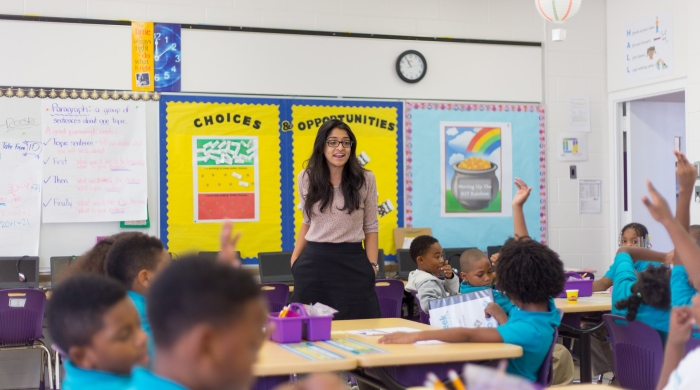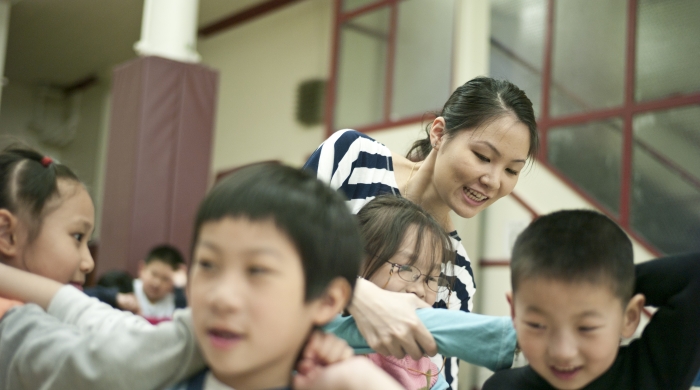The linguistic justices view of learning and human development in which multiple expressions of diversity (e.g., race, social class, gender, language, sexual orientation, nationality, religion, ability) are recognized and regarded as assets. It is the belief that culture and language are not an addition but are critical components of education. It says that culture and language matters in shaping how people learn.
It also raises awareness of the ways that hierarchies of oppression and exploitation are kinds of inhumane systems that restrict, limit, deny, distort, or destroy individuals’ or groups’ of people access to their full potential. The acts of these systems include ignorance, exclusion, threats, ridicule, slander, and violence (both symbolic and real). In education, these systems have borne unbelievable consequences for linguistically plural students: silencings and fears, hatreds of self and others, feelings of inferiority and superiority, entitlement, and disentitlement.
Featured Research
Effective Practices for Holistically Educating English Language Learners in New York State
This March 2017 reports by Metro Center's Regional Bilingual Education Resource Network (R-BERN) addresses student engagement for English Language Learners (ELLs) in schools.
Blueprint for ELLs Success
The following principles were carefully developed as a statewide framework aimed to clarify expectations for administrators, policymakers, and practitioners to prepare ELLs for success.



